CAT*201 / MRI*201, Cross Sectional Anatomy I (1 Credit)
This course will introduce students to cross sectional imaging of the head and neck. Emphasis will be placed on pathology affecting the cranial cavity and neck in the application of computed tomography imaging. The uses for and administration of pharmacological agents for CT/MRI imaging will be included in this course. Prerequisites: Admission to the Computed Tomography (CT) or Magnetic Resonance Imaging (MRI) Program, and ARRT Registered Radiographer, or Nuclear Medicine (Certification in Nuclear Medicine Technology Certification Board (NMTCB), or Radiation Therapy, or Sonography (Registration through the American Registry for Diagnostic Medical Sonography) (ARDMS). Gen Ed Competency: Scientific Reasoning
MRI*202, MRI Pathology I (1 credit)
This is the first semester of a 2-semester course sequence. The major pathologic conditions diagnosed by magnetic resonance imaging are presented. Emphasis is placed on the brain, vascular system of the neck and head, and the spine as detected by MR imaging. Differentiation between normal and pathologic tissues on MR scans, as well as the associated symptoms and origin of each type of pathology presented. Disease progression and treatment options are also discussed. Prerequisites: Admissions to the Magnetic Resonance Imaging (MRI) Program, and ARRT Registered Radiographer, or Nuclear Medicine (Certification in Nuclear Medicine Technology Certification Board (NMTCB), or Radiation Therapy, or Sonography (Registration through the American Registry for Diagnostic Medical Sonography) (ARDMS).
MRI*203, MRI Procedures and Instrumentation I (2 Credits)
This is the first semester of a 2-semester sequence. The course discusses past and potential future developments in MR Imaging and the most prominent researchers and pioneers in the field. The course will introduce the student to clinical aspects of MRI procedures and applying imaging parameters in the clinical setting. This course will also explain how images are acquired using MR and how MR signal is produced and detected. Proper screening and preparation of patients for contrast-enhanced MR imaging examinations will be outlined. Contrast agents, potential adverse effects of contrast agents, the mechanism of action and the effects of contrast media on images will be presented. Students will learn how to design image protocol and how to apply protocols in specific situations. Preliminary patient positioning criteria for various areas of the body will be discussed. Prerequisites: Admissions to the Magnetic Resonance Imaging (MRI) Program, and ARRT Registered Radiographer, or Nuclear Medicine (Certification in Nuclear Medicine Technology Certification Board (NMTCB) or Radiation Therapy, or Sonography (Registration through the American Registry for Diagnostic Medical Sonography) (ARDMS).
MRI*204, MRI Image Quality, Equipment and Safety Essentials I (2 Credits)
This is the first semester of a 2-semester course sequence. Magnetic imaging parameters are introduced. The formation of the MR signal is discussed as well as the essential components of an MR imaging system. Magnetic safety precautions that affect both patient and operator are discussed. Prerequisites: Admissions to the Magnetic Resonance Imaging (MRI) Program, and ARRT Registered Radiographer, or Nuclear Medicine (Certification in Nuclear Medicine Technology Certification Board (NMTCB), or Radiation Therapy, or Sonography (Registration through the American Registry for Diagnostic Medical Sonography) (ARDMS).
CAT*205/MRI*205, Cross Sectional Anatomy II (1 credit)
This course will introduce students to cross sectional imaging of the chest, abdomen, pelvis and extremities. Emphasis will be placed on pathology affecting the chest, abdomen, pelvis and extremities in the application of CT/MRI imaging. The uses for and administration of pharmacological agents for CT/MRI imaging will be included in this course. Prerequisites: (CT Program): CAT*201/MRI*201, CAT*202, CAT*203, and CAT*204): (MRI Program): CAT*201/MRI*201, MRI*202, MRI*203, MRI*204, and MRI*206. All courses with a grade of C or better.
MRI*206, Clinical Experience I (4 Credits)
This is the first semester of a 2-semester course sequence. This course introduces the student to the clinical setting and the practical skills necessary to operate magnetic resonance imaging systems. Clinical competency evaluation (s) will be completed during this course which are required to sit for the national registry exam. Prerequisites: Admissions to the Magnetic Resonance Imaging (MRI) Program, and ARRT Registered Radiographer, or Nuclear Medicine (Certification in Nuclear Medicine Technology Certification Board (NMTCB), or Radiation Therapy, or Sonography (Registration through the American Registry for Diagnostic Medical Sonography) (ARDMS).
MRI*207, MRI Pathology II (1 Credit)
This is the second semester of a 2-semester course sequence. The major pathologic conditions diagnosed by magnetic resonance imaging are presented. Emphasis is placed on the abdomen, pelvis, and extremities as detected on MR imaging. Differentiation between normal and pathologic tissues on MR scans, as well as the associated symptoms and origin of each type of pathology presented. Disease progression and treatment options are also discussed. Prerequisites: CAT*201/MRI*201, MRI*202, MRI*203, MRI*204 and MRI*206 with a grade C or better.
MRI*208, MRI Procedures and Instrumentation II (3 Credits)
This is the second semester of a 2-semester sequence. This course identifies common anatomic structures, pathology of the central nervous system and positioning criteria for various area of the body. This course describes the available coils for MR imaging and their specific applications. How to apply MR imaging parameters in the clinical setting and how to differentiate between different types of pulse sequences will be discussed. The parameters related to tissue characteristics that affect image quality such as T1 and T2 relaxation and how to apply pulse sequence principles to MR imaging. Advanced patient positioning criteria for various areas of the body will be discussed. Prerequisites: CAT*201/MRI*201, MRI*202, MRI*203, and MRI*204 with a grade C or better.
MRI*209, MRI Image Quality, Equipment, and Safety Essentials II (2 Credits)
This is the second semester of a 2-semester sequence. This course identifies common anatomic structures, pathology of the central nervous system and positioning criteria for various area of the body. This course describes the available coils for MR imaging and their specific applications. How to apply MR imaging parameters in the clinical setting and how to differentiate between different types of pulse sequences will be discussed. The parameters related to tissue characteristics that affect image quality such as T1 and T2 relaxation and how to apply pulse sequence principles to MR imaging. Advanced patient positioning criteria for various areas of the body will be discussed. Prerequisites: CAT*201/MRI*201, MRI* 202, MRI* 203, and MRI* 204 with a grade C or better.
MRI*210, Clinical Experience II (4 Credits)
This is the second semester of a 2-semester sequence. This course introduces the student to the clinical setting and the practical skills necessary to operate magnetic resonance imaging systems. Clinical competency evaluation (s) will be completed during this course which are required to sit for the national registry exam. Prerequisites: CAT*201/MRI*201, MRI*202, MRI*203, and MRI*204 with a grade C or better.

